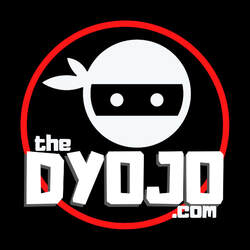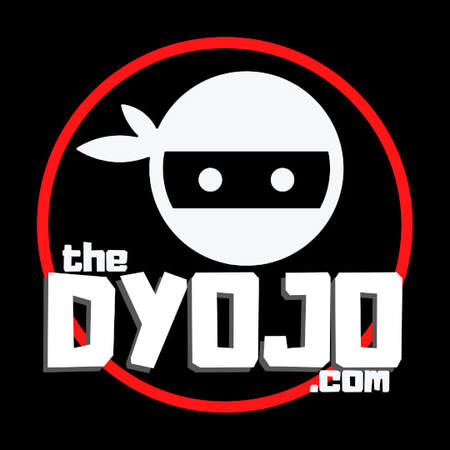|
Recruiting and hiring in all industries is an issue and has been for some time. Construction is no different, and specialty industries such as property damage restoration (i.e. water and fire damage insurance claims) it can seem insurmountable. While I recognize these real challenges, I am not hearing many business people or “influencers” speak about the importance of talent retention If you struggle to bring in new recruits, does this not raise the value of your existing labor force?Recruitment for construction has been an issue for some time, it was not created by COVID 19. Obviously, there are elements of the shutdown and responses to this pandemic that have had ongoing effects on businesses. Yet, these difficulties are symptoms of a broader issue rather than a cause. In 2020, prior to widespread news about a new disease or threats of government shutdowns or subsidies for unemployment, the Associated General Contractors of America (AGC) released a report about hiring complications. “More than four out of five respondents to our survey said they were having a hard time filling salaried or hourly craft positions in 2019,” said Ken Simonson, the association’s chief economist. “Nearly two-thirds of the firms say that hiring will be hard or harder this year. In light of those staffing challenges, costs have been higher than anticipated for 44 percent of respondents and projects took longer than anticipated for 40 percent of them. As a result, 41 percent of respondents have put higher prices into their bids or contracts and 23 percent have put in longer completion times.” Most of the commentary that I see on a daily basis focuses on hiring and recruiting. There's not as much discussion on the retention side. I think intentional business leaders, especially those in construction, and specifically in property restoration, need to recognize that many of our hiring processes, pay scales, commission structures, and employee engagement mindsets are outdated. Thought leadership or recycled platitudes?A lot of the perspectives and habits that I come across are still rooted in the same ideologies and practices that I was when I received my start in this industry in the early 2000’s. If you're still running your company on an early 2000s model, it shouldn’t be shocking that you struggle to achieve positive results. As I shared in my final monthly column for Restoration & Remediation Magazine, “Most of what is shared on the socials is recycled or borrowed from others, even the edgy stuff. The recent packaging of ideas is often referred to as thought-leadership, even though most of the content is insufferably platitudinous with few remnants of either element for which is it marketed.” A good example of a leader who has been thinking differently from the status quo recently joined us for The DYOJO Podcast. Tammy Birklid of Merit Construction out of Tacoma, Washington was our guest for Episode 59 (aka Episode 3 of our series Benchmarks of Growth). Tammy shared that her employer, who became a mentor and the person from whom she purchased the company, used to say that his goal was to be, “An employer of choice.” Tammy elaborates on what that has meant for her as a business owner and how she has worked to make this vision a reality. Developing the right mindset and habits for employee retentionI drew some additional insights from Merit Construction for my project management book wherein I also shared a paradigm from Jack Welch, former CEO of General Electric (GE). Jack believed in candor, saying that the best thing you can do for an employee is to tell them where they stand and how they can improve. “Failing to differentiate among employees — and holding on to bottom-tier performers — is actually the cruelest form of management there is.” Quoting from his book Winning, Jack shares his belief in the rule of 20-70-10:
While you would not be alone if you do not agree with this “candid” approach, have you ever stopped to analyze how much time you spend working on issues with your lowest performers? Being clearer with your expectations is an exercise that is beneficial to owners, managers, and team members alike. How much time do you spend in self-inflicted misery wrestling with clients that you should have fired before the job started and lackluster people you should never have hired? I'm not a big fan of the idea of thought influencers. I am a big fan of the idea of thought and I think influence is important. What I am not a fan of though, is having people think for you, and try to influence you towards their perspective. Our motto at The DYOJO is to shorten your DANG learning curve. I think it's important that you don't replace your dang learning curve.
Many well-intentioned business persons are expending a great deal of energy trying to increase the quantity of employees they have (recruitment). If they would take a step back many of them would find that they are doing so to staff service lines that they would be better off discontinuing. I would encourage you to consider enriching the quality of your employee experience (retention). Retention is no guarantee of success. Clarifying what you do (vision), how you do it (values), and who you need to help you accomplish your goals (quality), rather than just the quantity of people you think you need to keep up with your competition, is a fruitful exercise. I have always been amazed at what a small team of people who are committed to each other can accomplish.
0 Comments
Leave a Reply. |
Words
The DYOJO - helping contractors shorten Archives
June 2024
Categories
All
EstimatingMarketingInsurance ClaimsLeadership |
|
| |||||||

 RSS Feed
RSS Feed
